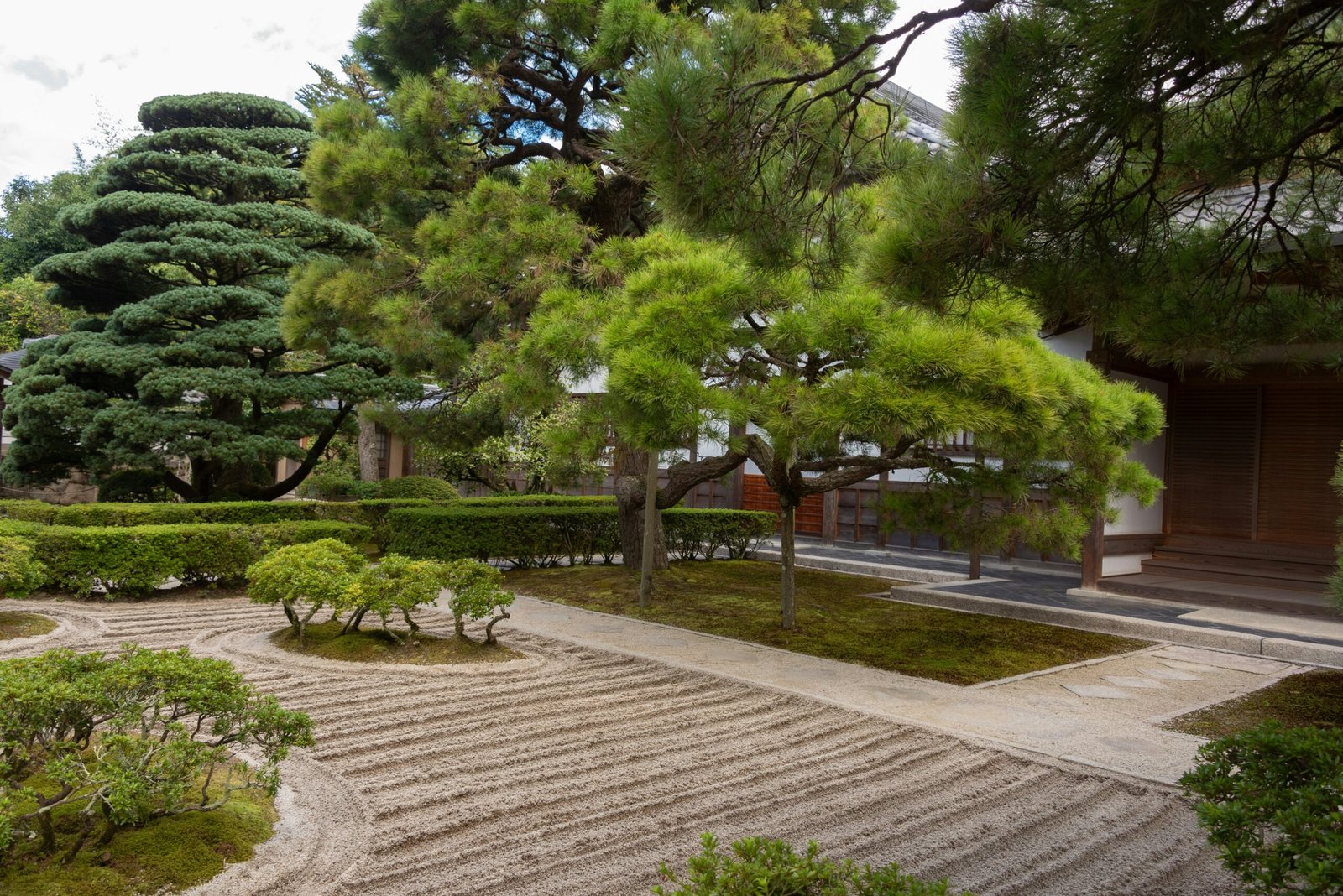The Transformative Power of Meditation
Meditation is a practice that has been around for thousands of years and has been embraced by various cultures and religions. Its origins can be traced back to ancient civilizations such as India, China, and Egypt, where it was used as a means of connecting with the divine and achieving spiritual enlightenment. However, in recent years, meditation has gained popularity in the Western world as a tool for stress reduction, relaxation, and overall well-being.
When we meditate, we engage in a series of techniques that help us quiet the mind and cultivate a sense of inner stillness and peace. One of the most common techniques is focusing on the breath, where we pay attention to the sensation of the breath as it enters and leaves the body. This simple act of bringing our awareness to the present moment can have profound effects on our mental and emotional state.

Research has shown that regular meditation practice can have a wide range of benefits. For example, it has been found to reduce stress and anxiety, improve concentration and focus, enhance self-awareness, and promote emotional well-being. In addition, meditation has been linked to physical health benefits such as lowered blood pressure, improved immune function, and reduced inflammation.
One of the key aspects of meditation is mindfulness, which involves being fully present and aware of our thoughts, feelings, and sensations without judgment. This non-judgmental awareness allows us to observe our thoughts and emotions without getting caught up in them or reacting to them. Instead, we learn to accept them as they are and let them go, creating a sense of inner peace and freedom.
There are many different types of meditation practices, each with its own unique focus and techniques. Some popular forms include mindfulness meditation, loving-kindness meditation, transcendental meditation, and guided visualization. The choice of practice will depend on individual preferences and goals.
5 Key Points of Meditation
1. Improved Physical Health
In addition to its mental and emotional benefits, meditation also has a positive impact on our physical health. Research has shown that regular meditation practice can lower blood pressure, reduce the risk of heart disease, and boost the immune system. It can also alleviate chronic pain and promote faster healing.
2. Increased Resilience
Life is full of challenges and setbacks, and building resilience is essential for navigating through them. Meditation can help us develop resilience by teaching us to approach difficulties with a calm and centered mindset. It allows us to cultivate a sense of inner strength and adaptability, enabling us to bounce back from adversity more effectively.
3. Enhanced Creativity
Meditation has been found to stimulate creativity and enhance problem-solving skills. By quieting the mind and accessing a state of deep relaxation, we can tap into our subconscious and unlock new perspectives and innovative ideas. This can be particularly beneficial for artists, writers, and professionals in creative fields.
4. Improved Relationships
Meditation can also have a positive impact on our relationships with others. By cultivating mindfulness and compassion, we can become more present and attentive in our interactions. This can lead to better communication, deeper connections, and greater empathy towards others.
5. Spiritual Growth
For those seeking spiritual growth and a deeper connection with themselves and the world around them, meditation can be a powerful tool. It allows us to explore our inner selves, connect with our intuition, and tap into a sense of higher consciousness. This spiritual dimension of meditation can bring a sense of purpose and meaning to our lives.
In conclusion, the benefits of meditation are wide-ranging and impactful. From reducing stress and anxiety to improving focus, enhancing self-awareness, and promoting physical and emotional well-being, meditation is a valuable practice that can positively transform our lives.
How To Incorporate Meditation into Your Daily Life
Meditation is not just a practice to be done on the cushion; it can also be integrated into your daily life. Here are some ways to incorporate meditation into your daily routine:
1. Mindful Eating
Instead of rushing through meals, take the time to savor each bite. Pay attention to the flavors, textures, and smells of your food. This practice of mindful eating can bring a sense of calmness and gratitude to your meals. By being fully present and focused on your food, you can also develop a healthier relationship with eating. Mindful eating has been shown to reduce overeating and improve digestion.
2. Walking Meditation
Turn your daily walk into a meditation practice. Pay attention to the sensation of your feet touching the ground, the movement of your body, and the sounds around you. This walking meditation can help you stay present and connected to the world around you. It can also serve as a form of exercise and a way to incorporate movement into your meditation practice. Walking meditation is particularly beneficial for those who find it difficult to sit still for long periods of time.
3. Mindful Listening
When engaging in conversations, practice mindful listening. Give your full attention to the person speaking, without interrupting or planning your response. This deep listening can enhance your relationships and create a sense of connection. By truly listening to others, you can cultivate empathy and understanding. Mindful listening can also improve your communication skills and help you become more present in your interactions.
4. Gratitude Practice
Before going to bed, take a few moments to reflect on the things you are grateful for. It could be something as simple as a beautiful sunset or a kind gesture from a friend. This practice of gratitude can shift your focus to the positive aspects of your life. By regularly practising gratitude, you can cultivate a more positive outlook and increase your overall sense of well-being. Gratitude has been shown to reduce stress, improve sleep, and enhance overall life satisfaction.
By incorporating these practices into your daily life, you can experience the benefits of meditation more holistically. Remember that meditation is not just about sitting in silence; it is about bringing mindfulness and awareness to every moment of your life.


